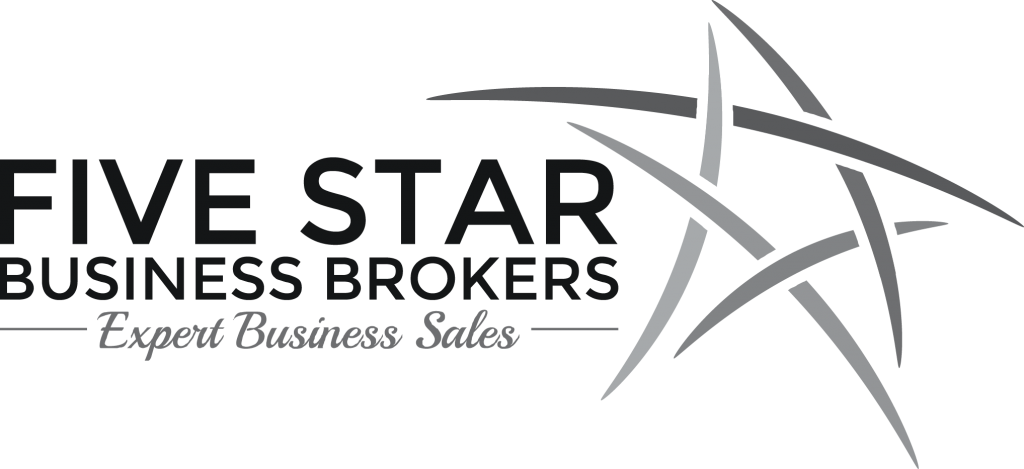Plan Your Exit Strategy
- Every intelligent business owner should have an exit strategy.
- An exit strategy is simply the means by which an entrepreneur or business owner will sell or liquidate their ownership interest in a business.
- In order to get the best possible purchase price with the least amount of risk, it is best to do some planning (or at least thinking) prior to listing and selling one’s business.
- A solid exit strategy should avoid common mistakes made by many business owners during the selling process.
- The keys to avoiding mistakes during the selling process are to protect the confidentiality of the sale while not selling the business for less than its fair market value.
- Specifically, business owners should avoid having incomplete or inaccurate financials, overvaluing or undervaluing the business, and allowing one’s customers or employees to know about the sale prior to closing.
The Better Financials the Better the Purchase Price
The financials of a business in most cases determines the final valuation or purchase price. Even if a business has soaring profits and is a fantastic business, the financials must show this to a buyer in order for the business to receive fair market value. Many business owners deal in cash, use personal expenses as ‘business expenses’, or simply do not have an organized set of financials such as accurate tax returns or profit and loss statements. Normally a buyer will want to see the last 2-3 years of tax returns and/or profit and loss statements, along with an up to date financial statement (such as a profit and loss report) for the current year in which the business is being sold. It is thus imperative for a business owner to put together an accurate set of financials prior to the listing process.
Buyers Seeking SBA Loans Require Clear Financials
Many buyers of businesses seek external funding backed by the Small Business Administration (SBA). Lenders always require a transparent set of financials in order to give an accurate appraisal and hence funding. Without accurate and transparent financials, business sellers will not be able to deal with buyers seeking external funding. This in turn will affect the valuation of the business.
Do Not Overvalue or Undervalue the Business
Many business owners make the mistake of overvaluing or undervaluing their business. It is imperative to trust a professional and trust the pricing of your business to an experienced business broker.
- Sellers can overvalue their business by not thinking about the buyer’s cost to replace themselves or their expertise.
- Sellers may use unrealistic or incorrect ‘comps’ which unlike real estate is not typically useful.
- Sellers simply do not have the experience of realizing how most buyers will value their business.
- Sellers may undervalue their business because they do not understand how much net income (or adjusted owner benefit) their business actually produces.
- Sellers may undervalue the business by underestimating how competitors may pay a premium for their business because the power of synergies from integrating the business being sold with their own.
- A properly valued business will result in a much quicker sale and will maximize the purchase price for the seller.
Sell your business Confidentially
A confidential sale for most business owners is a top priority. Virtually any business is subject to competitive pressures or has employees who will become frightened if they find out that the business is being sold. Without a confidential sale, competitors will be more likely to steal customers or employees, suppliers may not give good vendor terms, or employees may become dissatisfied or even quit.
Prospective Buyers Must Sign NDA
The first and most important step to protect the confidentiality of a business sale is requiring any prospective buyers to sign a comprehensive Non-Disclosure Agreement (or NDA) prior to disclosing the actual identity of the business being sold. The NDA ensures that the prospective buyer may not approach the business owner or anyone associated with the business on their own. It also ensures that the prospective buyer may not disclose the fact that the business is being sold to anyone else without the consent of the seller. It is important to remember that without qualifying themselves by signing the NDA and disclosing their liquid funds available to buy the business, then it should be impossible for a prospective buyer to figure out the identity of the business being sold.
Virtually Impossible for Sellers to Sell on Their Own Confidentially
It is almost impossible for a business owner to advertise their business themselves and still maintain the confidentiality of the sale. Further, prospects need to be qualified so the business owner does not waste his or her time with prospects that can not afford to buy the business or can not get the proper financing. There must be an intermediary – such as a professional business broker – between the seller and prospective buyers in order to maintain confidentiality.
Maximizing the sale of your business and minimizing risk to your business requires an accurate and up to date financials or means of showing the true income of the business, knowing the true value of the business, and maintaining the confidentiality of the sale during the selling process. These three simple steps will sure to result in the successful sale of your business.
Give Martin at Five Star Business Brokers of Palm Beach County a call today for a free evaluation for your business.
